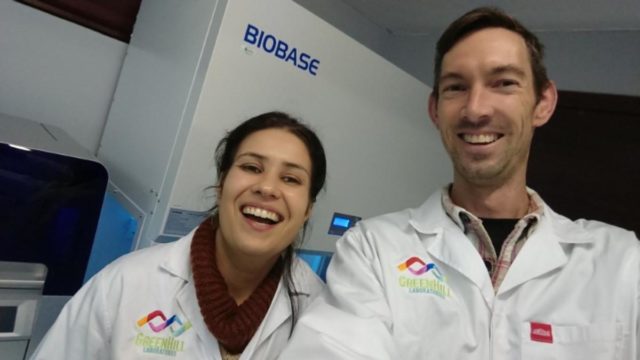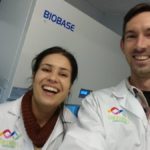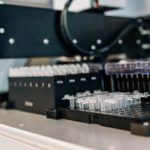
DURBAN, July 16 (ANA) – A private KwaZulu-Natal laboratory said this week that it had detected strains of Covid-19 in sewage, which would allow for the tracking of potential virus hotspots and for timeous decision making by the relevant authorities.
GreenHill Laboratories (GHL), situated in Hilton, said it made the finding via waste water.
The project was the result of a collaboration by GHL, professor Anthony Turton of the University of the Free State, Neil Madgwick of Praecautio, and Kevin Lindsay of Instru-Serve.
The pilot trial entailed collecting sewage samples from five wastewater treatment works in Gauteng, which were then transported to the KZN laboratory.
GHL said that under the leadership of its director, Dr. Shaun Groenink, the samples were processed and analysed by molecular biologist, Dr. Cara-Lesley Bartlett.
The ability to find the virus in sewage means that Covid-19 hotspots can be predicted and monitored, “to focus intervention by decision-makers and public health officials in these areas”, according to the company.
It would also allow for an assessment of the true extent of infections, and would provide scientific information that could be used by decision-makers in containing the virus spread and further opening the economy.
GreenHill’s chairman, Austin Hlongwane, commended the team, saying: “Their dedication, desire to experiment, out-of-the-box thinking and personal passion is unparalleled. As a result, I am hopeful for positive outcomes in the fight against Covid-19.”
The virus cannot be transmitted to humans via sewage, Madgwick told African News Agency (ANA).
“During the previous SARS outbreak that happened in China (between 2002 and 2004), there was some scientific evidence that it was transmitted [to humans via sewage] but with the Covid-19 virus, the short answer is no,” said Madgwick.
“There is no scientific evidence or research that says it actually does transmit [that way]” he added.
There was also no risk to employees within the waste management sector, he said.
The ability to conduct the testing at a local level saves time and money by cutting out reliance on other countries. It also allows for statistically relevant sampling and timeous delivery to laboratories.
Additional cost savings stem from using existing protocols and testing kits, meaning new, specific kits do not have to be developed.
-African News Agency (ANA); Editing by Desiree Erasmus









